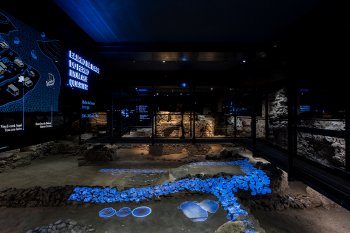Explore the best places
Cultural Centers in Lisboa
Fórum Lisboa
- art
Avenida de Roma, 14
1000-265, Lisboa
Opened in November, 18th, 1997, the Forum Lisboa is a cultural space placed in the recovered cinema Roma working also as the permanent headquarters of the Lisbon Municipal Assembly. The cinema Roma, opened in 1957 and inactive since August, 1988, is now remodelled, it has a large playhouse equipped with the most modern screening technologies, sound and image. The Forum Lisboa has an auditorium where several cultural events take place.
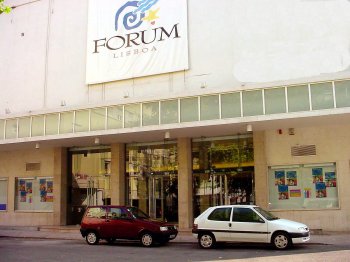
Casino Lisboa
- leisure
Alameda dos Oceanos - Lote 1.03.01 - Parque das Nações
1990-204, Lisboa
The former Future Pavilion at the Parque das Nações now shelters the Lisbon Casino. This space has 800 slot-machines and 22 traditional gambling tables as well as shows at the auditorium of the Oceans.
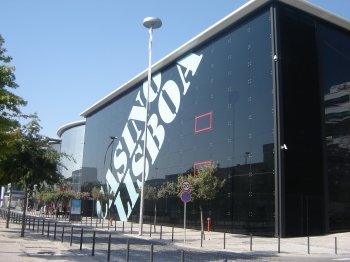
Museu da Marioneta
- heritage
Rua da Esperança, 146 - Convento das Bernardas
1200-660, Lisboa
Placed at the Bernardas Convent (XVII century), this curious museum presents a collection of marionettes from all over the world. The visitors are also invited to see some demonstrations of the diverse techniques of puppets’ manipulation.
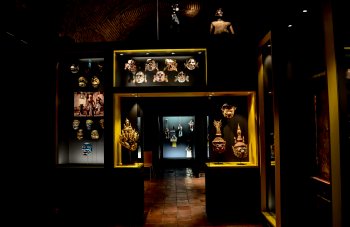
Museu Nacional de Arte Antiga
- heritage
Rua das Janelas Verdes, 9
1249-017, Lisboa
In this museum, dedicated to the plastic and decorative arts, is a collection that includes pieces from the XII to the XIX, such as paintings, illuminations, engraving, drawing, sculpture, goldsmithery, ceramic, furniture and tapestry.
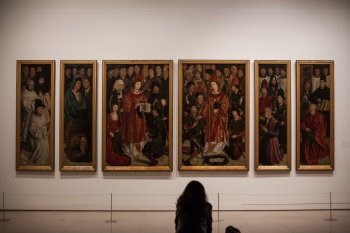
Culturgest
- art
Rua Arco do Cego - Edifício Sede da CGD
1000-300, Lisboa
This cultural centre offers a varied programming that includes music, dance and theatre shows, among other cultural events. A t the galleries are patent exhibitions of plastic arts from the XX century and other temporary exhibitions. The space also has a bookshop and organizes cinema and art cycles, as well as literary assemblies about art and books.
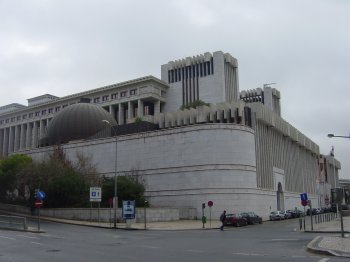
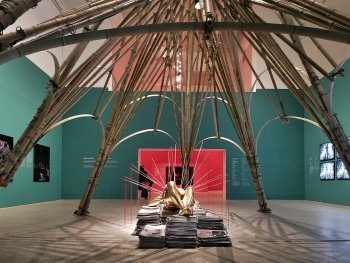
Centro Cultural de Belém
- art
Praça do Império
1449-003, Lisboa
It is a modern building, opened in 1990, located between the Jerónimos Monastery and the Tagus River. It started as the seat of the Portuguese Presidency of the European Union, later becoming (1993) a cultural center. The pavilion for temporary exhibitions hosts music, theater and photography shows.
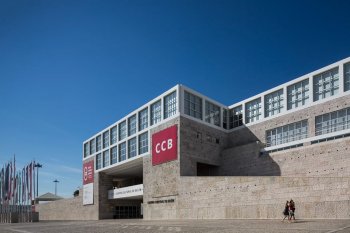
Teatro Tivoli BBVA
- art
Avenida da Liberdade, 182-188
1250-146, Lisboa
One of the great theatre rooms of the capital where several shows take place.

MEO Arena
- art
Rossio dos Olivais, Lt 2.13.01A
1990-231, Lisboa
Located at the Parque das Nações, this general-purpose pavilion, with ten thousand seats, offers excellent conditions to the organization of sportive, cultural and social events. Composed with two rooms, the Atlântico and the Tejo, this pavilion is the stage of several musical shows and offers the most modern and sophisticated equipment.
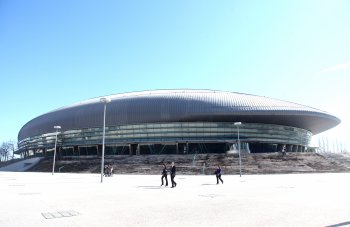
Núcleo Arqueológico da Rua dos Correeiros (NARC)
- heritage
Rua dos Correeiros, 9
1100-161, Lisboa
This archaeological nucleus is devoted to the different phases of the Lisbon downtown, presenting the successive structures built in this city area, since the roman period until the XVIII century.
